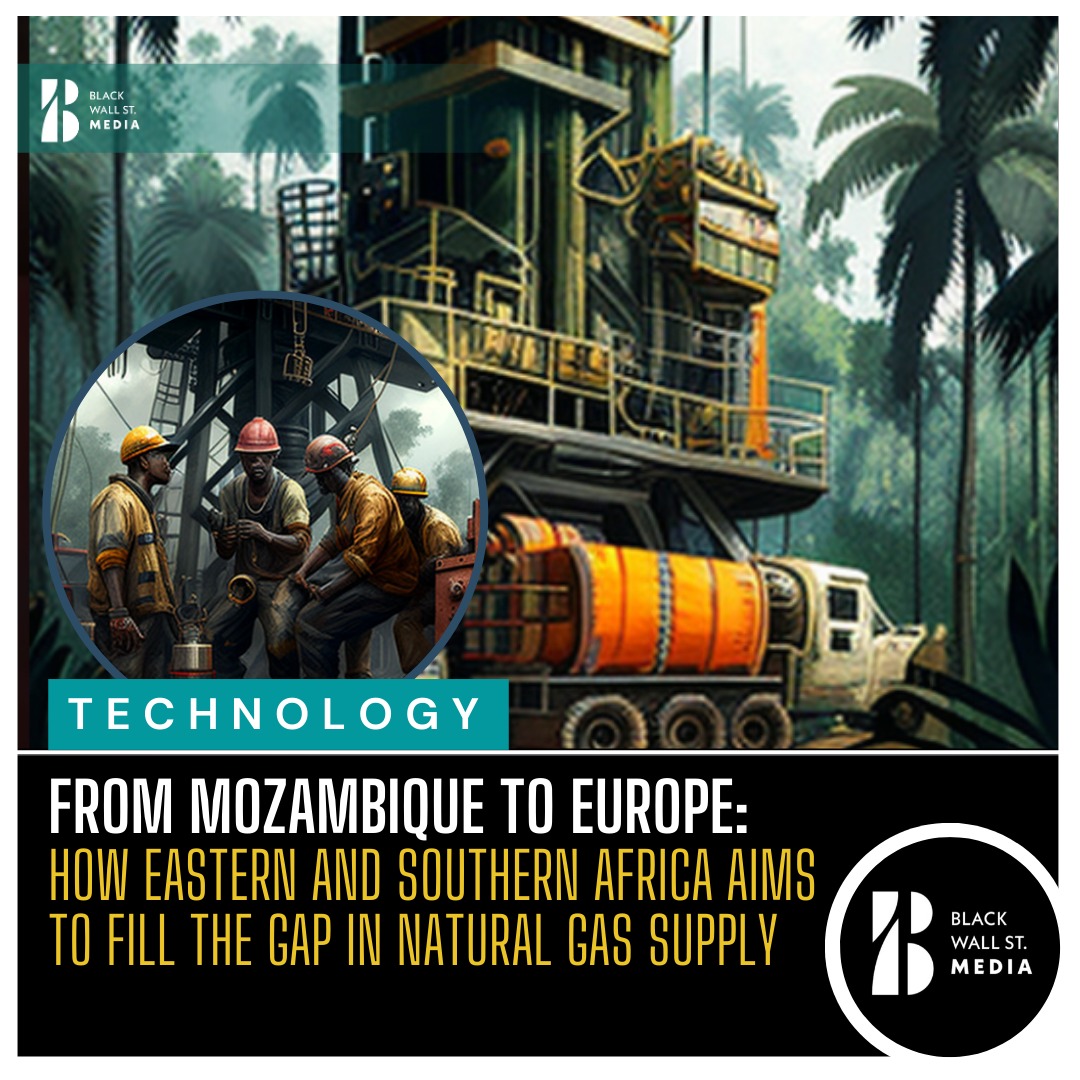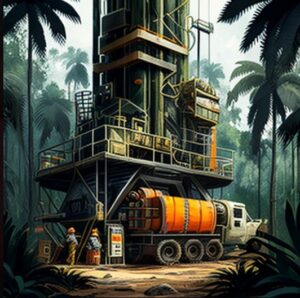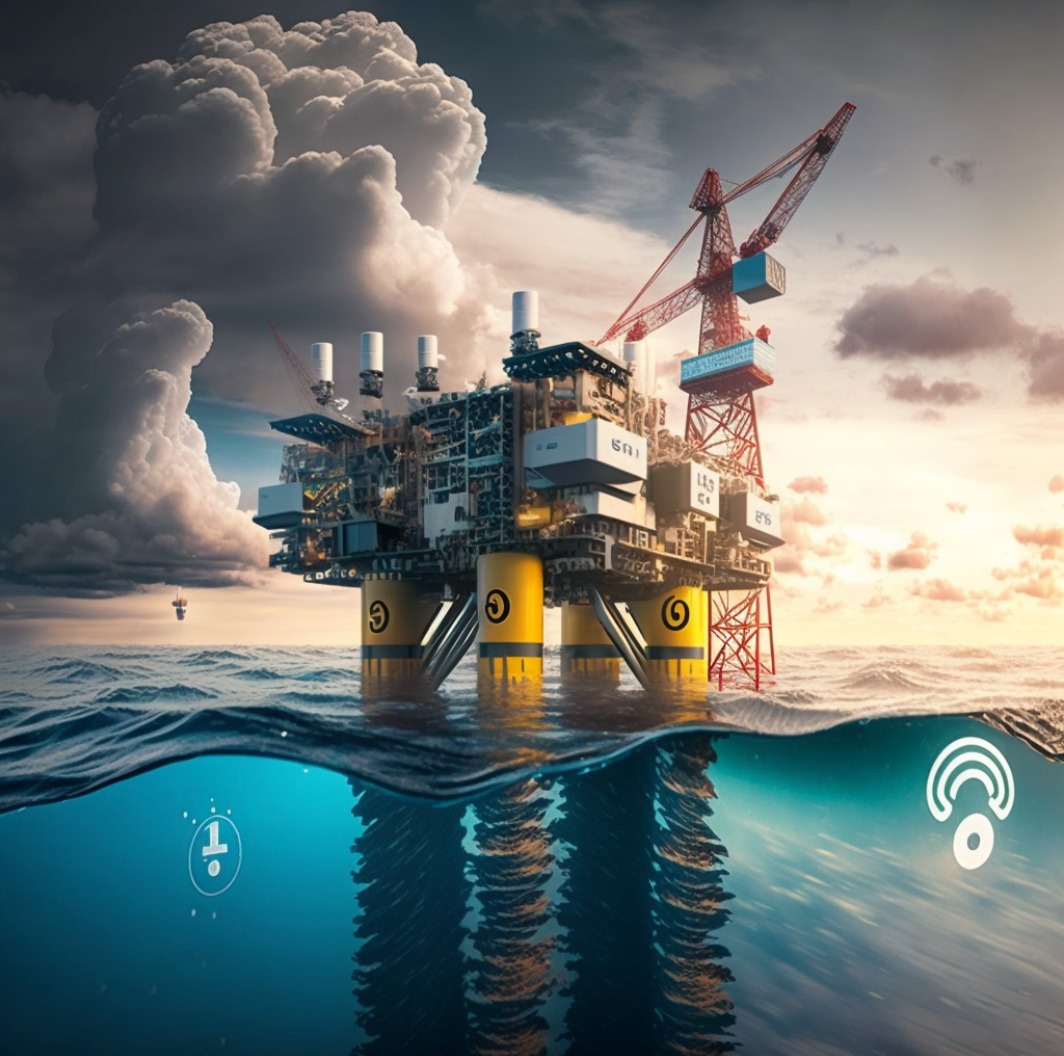Business
Eastern and Southern Africa (ESA) is emerging as a potential new Persian Gulf in terms of natural gas reserves and the opportunity to become a major supplier to Europe.
“”
Black Wall St. MediaContributor

The recent delivery of Mozambican gas to Spain and Croatia hinted at the region’s promising potential, particularly as Europe has lost its main supplier, Russia.
This creates a golden opportunity for ESA, which is rich in natural gas reserves and could follow in the footsteps of the Gulf region’s energy success story. However, several obstacles need to be overcome for ESA to fully harness its potential.
 In a world where the focus is increasingly shifting towards renewable energy, the demand for energy continues to grow at a higher rate.
In a world where the focus is increasingly shifting towards renewable energy, the demand for energy continues to grow at a higher rate.
This inconsistency opens up new perspectives for intermediate energy sources such as natural gas and presents opportunities for regions that have long been overlooked.
ESA is one such region, boasting trillions of cubic meters of proven gas reserves that attract international investors.
However, challenges related to security, underdeveloped infrastructure, and a lack of cooperation have posed obstacles for energy companies operating in the region.
The clash between obstacles and opportunities creates a complex and controversial situation. Gabriel Lima, President of the Gas Exporting Countries Forum, emphasized the uncertainties and profound challenges facing the energy sector.
 The energy trilemma of ensuring a secure, affordable, and sustainable energy system looms large. Despite these challenges, investments in the region are steadily flowing, and the first signs of success are already visible with the gas shipment from Mozambique’s FLNG platform Coral Sul. However, the key question remains: Can the existing problems be efficiently resolved to benefit all parties involved?
The energy trilemma of ensuring a secure, affordable, and sustainable energy system looms large. Despite these challenges, investments in the region are steadily flowing, and the first signs of success are already visible with the gas shipment from Mozambique’s FLNG platform Coral Sul. However, the key question remains: Can the existing problems be efficiently resolved to benefit all parties involved?
One of the major obstacles in ESA is security. The region has faced geopolitical tensions, terrorism, and piracy, which have deterred investment and disrupted energy operations. Enhancing security measures, fostering stability, and promoting regional cooperation are essential steps to attract investors and ensure a conducive environment for energy development.
Another challenge is the underdeveloped infrastructure in ESA. The lack of reliable transportation networks, storage facilities, and distribution systems hinders the efficient extraction, processing, and export of natural gas. Addressing these infrastructure gaps requires significant investment and collaboration between governments, international organizations, and private sector entities.
Furthermore, the lack of cooperation among ESA countries has been a hindrance to energy development. The region is fragmented politically, and unresolved territorial disputes and rivalries have hampered cross-border projects and hindered regional energy integration. Building trust, fostering dialogue, and establishing cooperative frameworks are essential for unlocking ESA’s full energy potential.
Despite these challenges, ESA presents limitless opportunities.
 The region’s vast natural gas reserves, coupled with the growing demand for energy, make it an attractive destination for investors.
The region’s vast natural gas reserves, coupled with the growing demand for energy, make it an attractive destination for investors.
Expanding the natural gas sector in ESA can provide economic growth, job creation, and energy security for the region. Additionally, as Europe seeks alternative energy suppliers, ESA has the potential to become a reliable and strategic partner.
To fully capitalize on these opportunities, ESA must focus on key areas.
Firstly, enhancing security through collaboration with international partners and adopting comprehensive security strategies will mitigate risks and attract investors. Secondly, investing in infrastructure development, including pipelines, LNG terminals, and storage facilities, will improve the efficiency of gas operations and enable reliable exports. Lastly, fostering regional cooperation and resolving political disputes will create a stable environment for energy projects and encourage cross-border initiatives.
In conclusion, Eastern and Southern Africa has the potential to become the new Persian Gulf in terms of natural gas reserves and supply to Europe. However, the region must address significant challenges related to security, infrastructure, and cooperation.
Overcoming these obstacles will require concerted efforts from governments, international organizations, and private sector stakeholders. By capitalizing on its limitless opportunities, ESA can emerge as a major player in the global energy market, contributing to regional development and energy security for both ESA and Europe.
“”
Black Wall St. MediaContributor
























